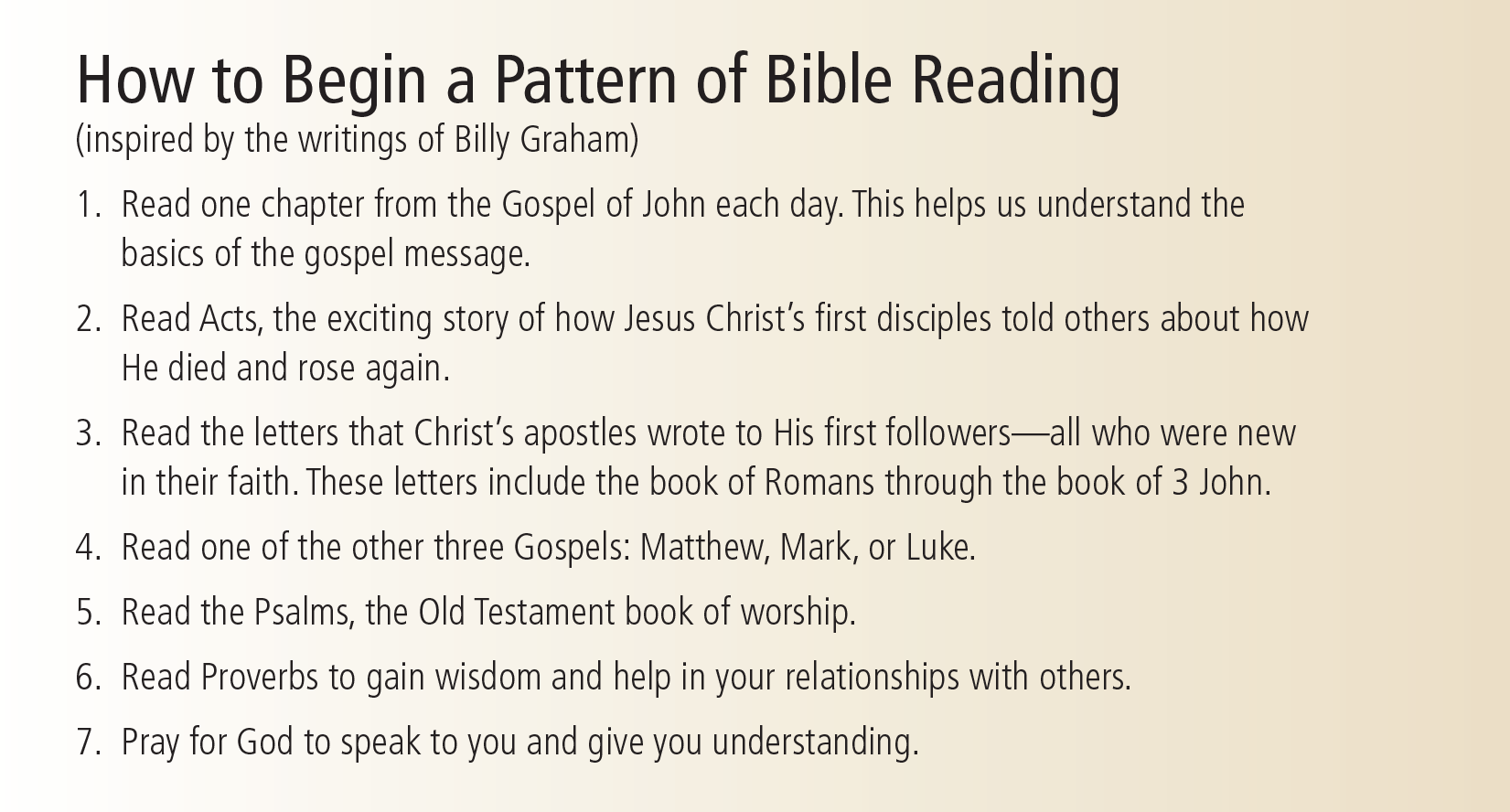Societal standards change at a dizzying rate. If you conform your thinking to the prevailing opinions of today, be prepared to edit them next year. Decade by decade, cultural norms and moral standards shift dramatically. Why? Because the culture’s foundation rests on the shifting sand of opinion polls and influencers. But not for followers of Jesus. Our great hymn How Firm a Foundation expresses it well: How firm a foundation, ye saints of the Lord, Is laid for your faith in His excellent Word! What more can He say than to you He hath said, To you who for refuge to Jesus have fled?
The Bible has authority. Scripture is God’s Word; therefore, it is our supreme authority for what we believe and how we live. Jesus clearly valued Scripture over the opinions of people, including the religious leaders of His time. During periods of testing and suffering, Jesus often spoke words from Scripture. In Matthew 4:4 (NLT) He said, “People do not live on bread alone, but on every word that comes from the mouth of God.” The New Testament affirms this: “All Scripture is God-breathed and is useful for teaching, rebuking, correcting and training in righteousness, so that the servant of God may be thoroughly equipped…” (2 Timothy 3:16–17).
The Bible gives wisdom. Because we affirm the Bible’s authority, we can weigh the wisdom of the many conflicting opinions we hear. For example, in Acts 17, the people of Berea are praised for scrutinizing what was taught to them: “And the people of Berea were more open-minded…they searched the Scriptures day after day to see if Paul and Silas were teaching the truth” (Acts 17:11 NLT).
The Bible is the source of universal human rights. The ideas of human dignity and respect for all did not develop out of nothing. The God of the Bible is just, condemns evil, and has compassion for victims. The Bible reveals to us the heart of God; it tells us what God is like; it tells us what God has done for us; it tells us who we are; it settles dignity upon every human being. It answers ultimate questions about life and death, justice and mercy, the healing of the earth, and the restoration of full humanity.
The Bible changes us. Pastor Rick Warren writes: “God’s Word generates life, creates faith, produces change, frightens the Devil, causes miracles, heals hurts, builds character, transforms circumstances, imparts joy, overcomes adversity, defeats temptation, infuses hope, releases power, cleanses our minds, brings things into being, and guarantees our future forever!”¹ Dwight L. Moody, the founder of Moody Bible Institute in Chicago, said, “The Bible was not given to increase our knowledge. It was given to change lives.”

The Bible challenges us. You will have questions. A deep understanding of Scripture develops over many years. The books of the Bible reflect earlier millennia, exotic cultures, and ancient political and military structures and practices. Bring your intellectual curiosity to your reading. Also bring respect and humility. Hold your questions honestly and bravely. Never pretend to have an explanation when you don’t.
The Bible reveals Jesus. Many have come to faith in Jesus simply by reading the Bible. I personally know people for whom this is true. There are many such stories. A quote often attributed to Martin Luther states, “The Bible is alive, it speaks to me; it has feet, it runs after me; it has hands, it lays hold of me.”
7 The law of the Lord is perfect, refreshing the soul.
The statutes of the Lord are trustworthy, making wise the simple.
8 The precepts of the Lord are right, giving joy to the heart.
The commands of the Lord are radiant, giving light to the eyes.
9 The fear of the Lord is pure, enduring forever.
The decrees of the Lord are firm, and all of them are righteous.
10 They are more precious than gold, than much pure gold;
they are sweeter than honey, than honey from the honeycomb.
11 By them your servant is warned; in keeping them there is great reward.
Psalm 19
¹ Rick Warren, The Purpose Driven Life: What on Earth Am I Here For?, Grand Rapids, MI: Zondervan, 2012, p. 24






